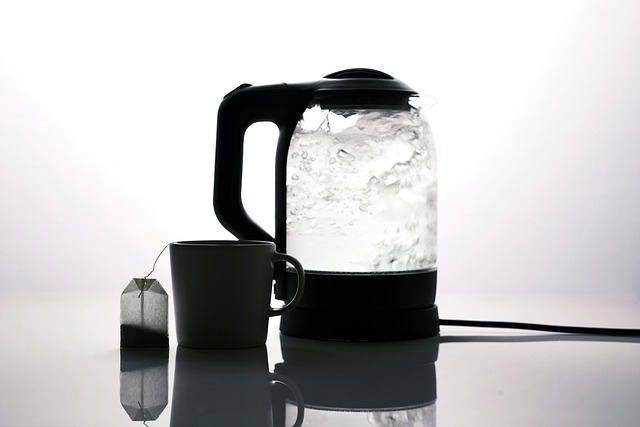Evaluating whether to repair or replace your water heater revolves around its age, performance, and recurring issues like temperature fluctuations, increased energy bills, long heating times, unusual noises, leaks, and frequent repairs. If your heater is over 10-15 years old or showing these signs, replacement may be more cost-effective than repairs, ensuring better heating efficiency, safety, and long-term savings.
Is your water heater struggling to keep up with your hot water needs? Before you call for a repair, consider whether it might be time for an upgrade. This guide will help you navigate the decision between repairing and replacing your water heater. We’ll explore key indicators that your unit may be past its prime, such as age, performance issues, leaks, rust, and heating problems. By understanding these signs, along with efficiency, cost, safety, and environmental factors, you can make an informed choice—whether it’s time for a repair or a new water heater altogether.
- Assessing Age and Performance
- – How old is your water heater?
- – Common signs of aging and performance issues
Assessing Age and Performance

Assessing age and performance is a crucial step in determining whether to repair or replace your water heater. One of the most obvious signs you need a new water heater is its age. If it’s more than 10-15 years old, it’s likely nearing the end of its useful life. Over time, water heaters lose efficiency and start to show signs of wear and tear. Look for issues like frequent temperature fluctuations, increased energy bills, or water that takes a long time to heat up. These can all indicate that your water heater is not performing optimally and may be beyond repair.
When evaluating performance, pay attention to any unusual noises coming from the heater, such as banging or rumbling sounds. This could suggest internal damage or corrosion. Additionally, check for leaks around connections and the tank itself. Leaks are a clear indication that your water heater is not sealing properly and needs to be replaced. Lastly, if you’ve had multiple repair calls in recent years, it might be more cost-effective to invest in a new model rather than continuing with costly repairs.
– How old is your water heater?

The age of your water heater is a critical factor in determining its longevity and performance. Most water heaters last between 8 to 12 years, but this can vary based on factors like quality, usage, and maintenance. As your heater ages, it may start showing signs of wear and inefficiency. One of the most obvious indicators is increased energy costs; an older heater struggles to maintain a consistent temperature, leading to frequent heating cycles that waste energy.
Additionally, frequent repairs or persistent issues can be red flags. If you’ve had multiple repair calls within the last year, it might be more cost-effective to replace your water heater rather than continue fixing temporary problems. Other signs include reduced hot water output, strange noises during operation, and leaks from connections or the tank itself. These issues not only signal that a new heater may be needed but also highlight potential safety hazards that should not be ignored.
– Common signs of aging and performance issues

Water heaters, like many other appliances, have an average lifespan and will eventually show signs of aging. Recognizing these indicators is crucial when deciding between repair and replacement. Common signs you need a new water heater include dramatic performance issues, such as significantly reduced hot water output or prolonged wait times for the water to heat up.
Another telltale sign is frequent temperature fluctuations, where the water suddenly becomes too hot or cold during use. Leaks around the base or tank of your water heater are also indicative of a failing system. Moreover, persistent rumbling or banging noises coming from the heater could suggest sediment buildup or internal component damage. If you’ve noticed any of these signs You Need a New Water Heater, it’s time to consider replacement for optimal efficiency and safety.
When deciding between repairing or replacing your water heater, consider its age and the frequency of issues. If your unit is older than 10-15 years and consistently exhibits signs like decreased hot water output, frequent temperature fluctuations, or energy inefficiencies, it might be time for a new one. Regular maintenance can extend the life of your current heater, but severe cases often require a complete upgrade to ensure reliable and efficient hot water heating.
